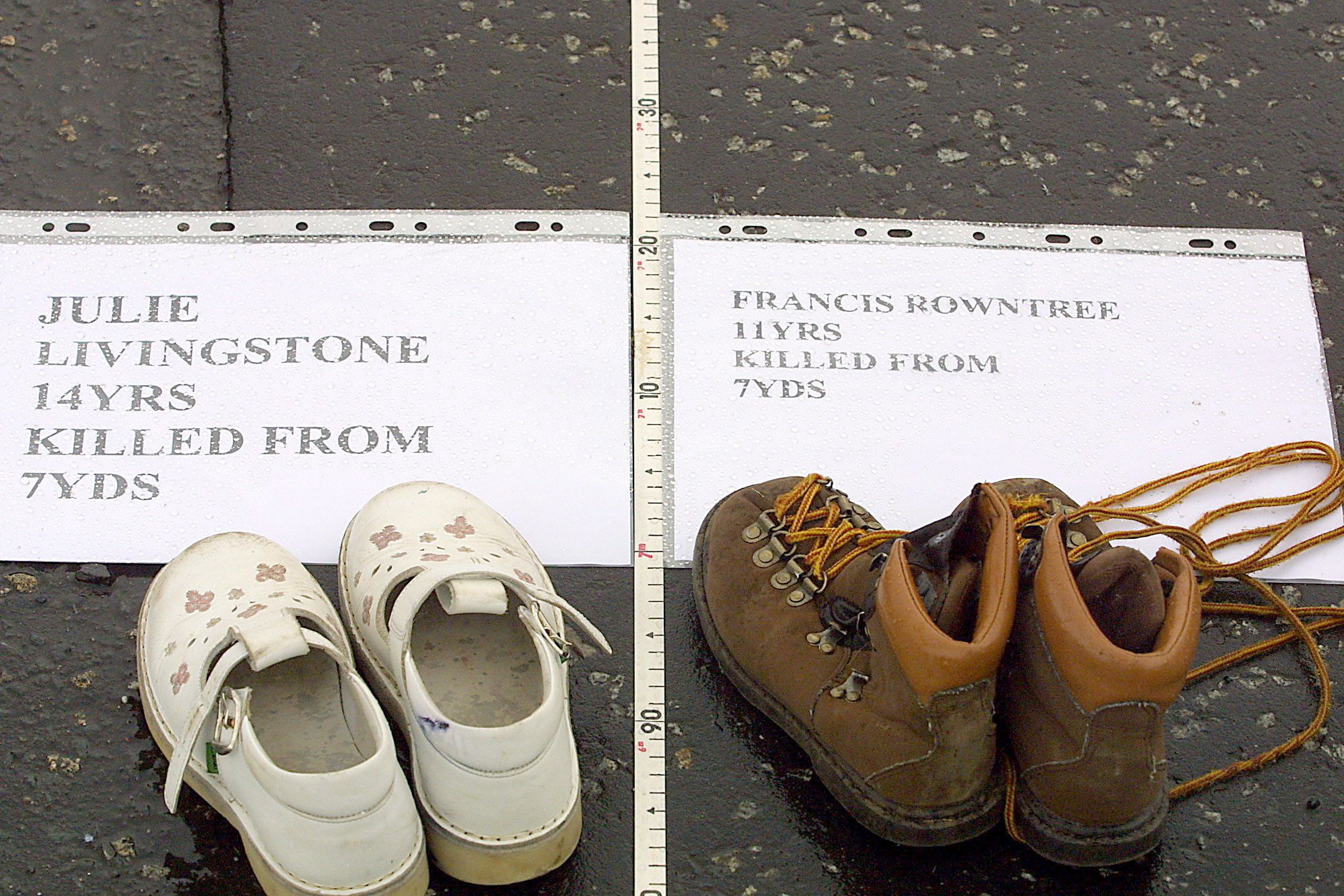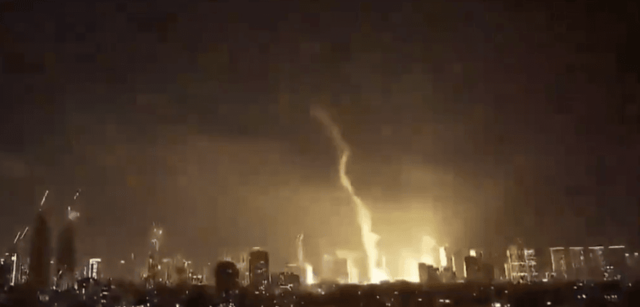THIS week the families bereaved by plastic bullets stood once again in the middle of the Andersonstown Road to say Ban Plastic Bullets. The vigil has taken place on the Wednesday closest to the August 9 every year since 1986. Led by Emma Groves, West Belfast’s First Lady, blinded by a rubber bullet in 1971 in her own living room, and Clara Reilly, our human rights laureate, the vigil has become a cornerstone of West Belfast’s August reflection.
Last year, because of the pandemic the vigil took place online, with testimony from America and Palestine on the international use of plastic bullets. There was no doubting that this is far from a West Belfast issue.
This year some of the families standing will be also remembering their loved ones’ 40th anniversary. It is no coincidence that the majority of those killed with plastic bullets used by the RUC and the British army were killed in 1981. In that year, as the civilian population came out to the streets to support the hunger strikers, the British state turned off its loyalist murder gangs and took to directly killing civilians. Plastic bullets were used in their tens of thousands to attempt to politically control, intimidate and assert the British state’s might.
None of those killed were killed in riot situations. All were killed as a result of the state knowing they could kill on Irish streets without any form of accountability. Sometimes in the debate on dealing with the past, in the tawdry game of atrocity bingo, the real, lasting and devastating consequence of loss is missed. For the families of Norah McCabe, Julie Livingstone, Carol Anne Kelly, Peter McGuinness, Paul Whitters, Peter Doherty and Henry Duffy, this 40th anniversary is no game of political upmanship. It is a time for the saddest of reflections
The families who stand in the middle of the Andersonstown Road stand in defiance of the British government’s tactics, to tell the British establishment that they did not win. They also stand with modern purpose.
The PSNI still holds plastic bullets in their armoury. Earlier this year we saw, at the Springfield Road interface, that they can take them out and use them whenever seems politically convenient.
When new policing was being designed by the Patten Commission, following the Good Friday Agreement, the report made conclusions on plastic bullets and recommended that less lethal alternatives were found. This was recognition that plastic bullets were part of the apparatus of oppression and harm inflicted on the nationalist community by the RUC. They didn’t say that out loud though, so the NIO’s Patten Implementation Group spent a long time jumping through hoops and the new PSNI bought something other than a plastic bullet – they bought an AEP. Actually, they bought a plastic bullet called an AEP (Attenuating Energy Projectile, since you are asking). There was a fair bit of attention to this disturbing sleight of hand with then Taoiseach Bertie Ahern stating that it was against the “spirit of the Patten Report”. Sadly, the attention, lobbying and protest did not last, and AEP plastic bullets remain in the armoury of the PSNI.
That means there is work to be done. There needs to be a fresh review of PSNI policing methods – and this time plastic bullets should be banned. Families deserve this small measure of guarantee of non-recurrence.






